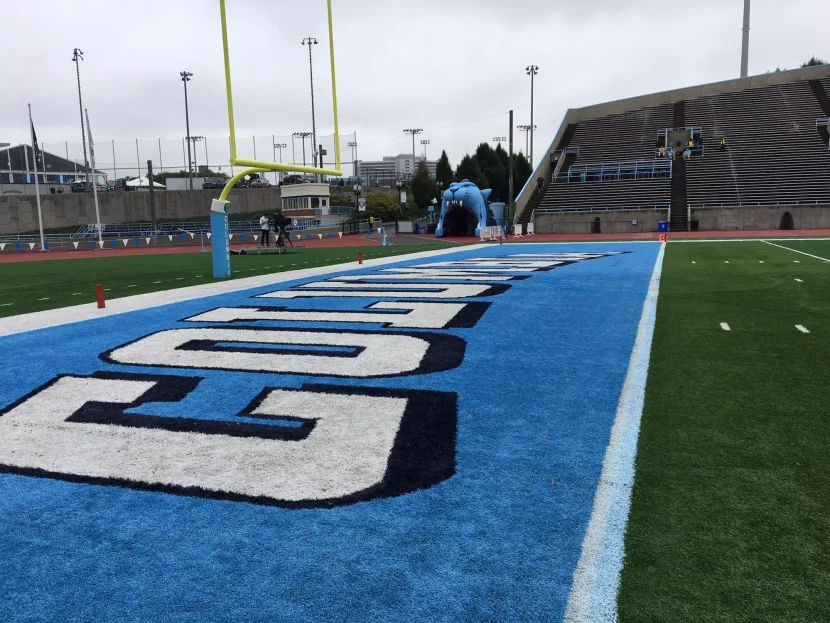The Susquenita School Board has approved a sponsorship agreement with Maguire’s Ford and the Blackhawk Foundation to purchase and install a new video scoreboard at the stadium. In exchange for the donation of the video board, the stadium will be renamed “Maguire Ford Field at Blackhawk Stadium” for a 20-year term. The new equipment features […]
The Susquenita School Board has approved a sponsorship agreement with Maguire’s Ford and the Blackhawk Foundation to purchase and install a new video scoreboard at the stadium. In exchange for the donation of the video board, the stadium will be renamed “Maguire Ford Field at Blackhawk Stadium” for a 20-year term.
The new equipment features a 10-millimeter pixel resolution for enhanced visual clarity. According to Kellas Wechsler, vice president of the Blackhawk Foundation, “The reasoning behind the 10-millimeter pixels versus eight or smaller, first is a significant price difference, but when you use lower than 10 millimeter, you have to use a different LED bulb, which is lower quality. The 10-millimeter (bulbs) are tried and true and built for outdoor use. Other digital billboards are 16-millimeter. These would be smaller for more precise pictures.”

Susquenita High School (Dan Gleiter, PennLive.com/file)
There is a seven-year transferable warranty on the scoreboard.
District Superintendent Dr. Jon-David Fox said multiple individuals would be trained to operate the new equipment.
A member of the public raised questions at the Dec. 10 meeting about the long-term implications of the sponsorship agreement, including potential maintenance costs and influence of business sponsors on school decisions. Fox said the sponsorship involved only the video board and naming rights, with no influence over curriculum or other school operations. He also noted the educational opportunities the scoreboard could provide, particularly for students interested in media and technology.
The board discussed the financial strain posed by cybercharter schools. Members emphasized the $3 million annual cost to the district, citing it as a major challenge to maintaining and expanding programs for students. They expressed frustration with the inequities in the current funding system, which requires public school districts to pay tuition rates to cyber charter schools based on their per-student expenditures, regardless of the actual cost of cyber education.
Board members called for legislative reform to address the disparities and create a fairer funding system. They noted that the current model disproportionately impacts public school budgets and diverts essential resources from district programs. The need for action, they said, is urgent to prevent further strain on the district’s finances.















